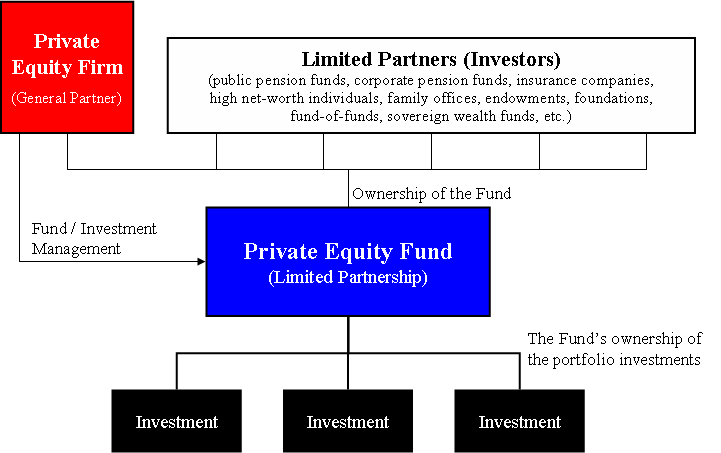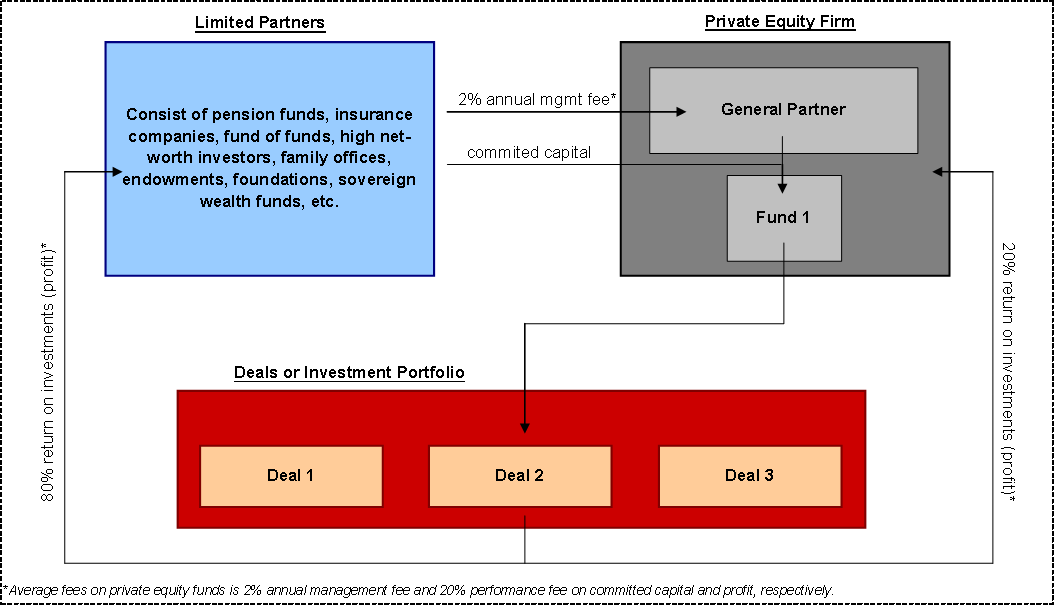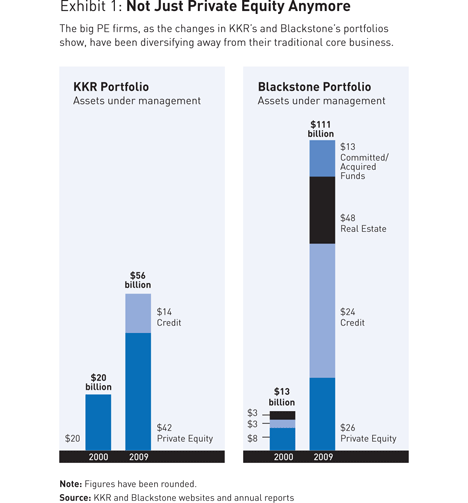This, along with other systems popular in the private equity market ultimately cause the acquired firm’s assessment increasing substantially in worth from the time it was bought, developing a successful exit strategy for the PE firmwhether that’s a resale, an going public (IPO), or another alternative (fraud theft tens). One popular exit technique for private equity includes growing and enhancing a middle-market business and offering it to a large corporation for a hefty revenue.
Nevertheless, the large bulk of transactions live in the middle market at the $100 million to $500 million variety, and the lower-middle market below $100 million. Since the very best gravitate towards the bigger offers, the middle market is a substantially under served market. There are more sellers than there are highly skilled and located financing experts with comprehensive buyer networks and resources to handle a deal.

Private-equity investors need to have trustworthy, capable, and dependable management in place. Most managers at portfolio business are offered equity and bonus compensation structures that reward them for hitting their financial targets. partner grant carter. Such positioning of objectives is usually required prior to a deal gets done. Private equity is often out of the formula for individuals who can’t invest millions of dollars, but it should not be.
There are several private equity investment firmsalso called business advancement companiesthat offer publicly-traded stock, providing average investors the chance to own a piece of the private equity pie. In addition to the Blackstone Group there is Apollo Global Management (APO), Carlyle Group (CG), and Kohlberg Kravis Roberts (KKR), best known for its huge leveraged buyout of RJR Nabisco in 1989.

These mutual funds are generally described as funds of funds. Average investors can also buy shares of an exchange-traded fund (ETF) that holds shares of private equity companies, such as ProShares Global Listed Private Equity ETF (PEX). With funds under management already in the trillions, private-equity firms have become attractive investment vehicles for rich individuals and organizations (carter obtained $).

As the industry brings in the finest and brightest in corporate America, the specialists at private-equity companies are generally effective in releasing investment capital and in increasing the values of their portfolio business. However, there is also intense competition in the M&A market for great business to purchase. As such, it is imperative that these firms establish strong relationships with transaction and services specialists to protect a strong offer circulation.
What Is Private Equity And What Do Private Equity Firms Do?

Prior to founding Freedom Factory, Tyler Tysdal handled a growth equity fund in association with several celebs in sports and home entertainment. Portfolio company Leesa.com grew rapidly to over $100 million in profits and has a visionary social objective to “end bedlessness” by donating one bed mattress for every 10 offered, with over 35,000 donations now made. Some other portfolio business remained in the industries of red wine importing, specialty lending and software-as-services digital signs. In parallel to handling properties for services, Tyler Tysdal was handling personal equity in real estate. He has had a number of successful private equity financial investments and several exits in student housing, multi-unit real estate, and hotels in Manhattan and Seattle.
Before getting in politics in the 1990s, Romney co-founded Bain Capital, one of the nation’s largest and most successful private equity funds. David L. Ryan/Boston World by means of Getty Images David L. Ryan/Boston Globe via Getty Images Prior to going into politics in the 1990s, Romney co-founded Bain Capital, among the country’s biggest and most successful private equity funds.
Ryan/Boston Globe through Getty Images In the run-up to Saturday’s GOP governmental main in South Carolina, prospects have clashed over the function of Bain Capital a firm that either produces or kills jobs, relying on whom you believe. Front-runner Mitt Romney sees the bright side. Before going into politics in the 1990s, he co-founded Boston-based Bain Capital, one of the nation’s largest and most profitable private equity funds (securities exchange commissio).

But critics say that figure excludes the legions of employees who were laid off by Bain. Candidate Rick Perry, who ended his campaign Thursday, had explained Romney’s work as “vulture” commercialism. And previous House Speaker Newt Gingrich repeatedly raised questions about the firm’s technique to job-cutting. Before this controversy erupted, the majority of Americans had never become aware of Bain.
In the public arena, anybody can rely on state, the New York Stock Exchange, and buy shares of a publicly traded business. However in the private equity investing world, just rich individuals and big organizations, such as pension funds, are welcome. That’s Bain’s world. Here’s how it works: This term explains business like Bain, which gather funds from rich individuals or organizations for the function of buying up business and making a profit, typically within four to 7 years.
A typical offer goes something like this: The equity firm buys a company through an auction. The firm then increases the value of the company by, for instance, updating its accounting system, procurement process and info innovation, or by laying off employees and closing unprofitable operations. After the private equity firm gets the business in much better shape, it exits the offer by offering it to a big corporation or using stock to the public.
10 Things Entrepreneurs Should Know About Private Equity
In the end, the spruced-up company can be sold to a larger corporation, or it can begin selling shares in a public stock market. The profits can be utilized to pay off old loans and reward the investors. Critics say the method too often results in needless layoffs that do little to really save the business.

In this situation, the equity firm offers capital (money) to a start-up venture and then assists support the little business as it grows. The private equity firm wants to make lots of money from effective startups, however the investors are taking larger threats than bank loan providers would want to take.